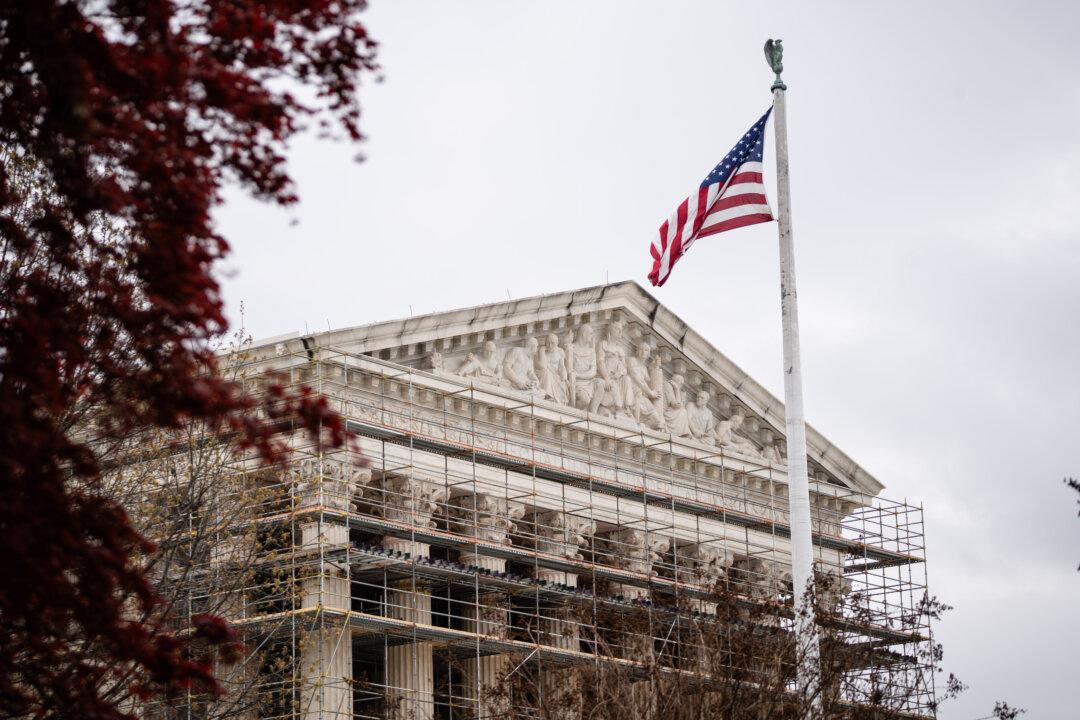The U.S. Supreme Court on April 30 seemed inclined to overturn an Oklahoma court ruling denying authorization for the nation’s first publicly funded religious charter school.
Justice Amy Coney Barrett recused herself and did not participate in the case known as Oklahoma Statewide Charter School Board v. Drummond. The respondent is Gentner Drummond, Oklahoma’s attorney general.





